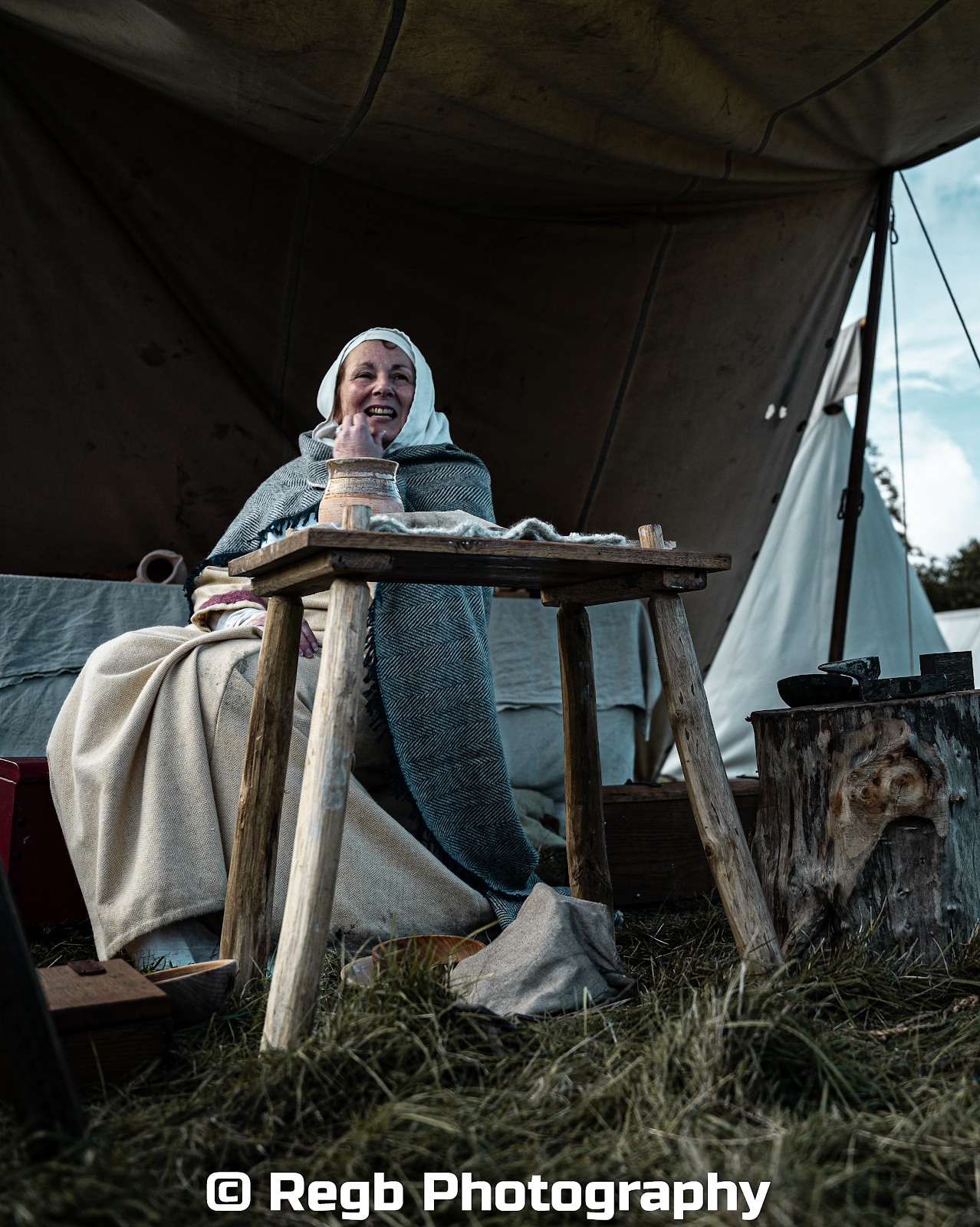Today, January 15 2026, my author colleague Wayne Turmel releases releases his seventh novel (fourth historical) The Deserter - a Tale of the Foreign Legion.
It's an exciting old-fashioned story that’s been described as “Beau Geste directed by Sam Peckinpah.” But it raises a big question: Why the Foreign Legion and why now? I'm delighted to welcome Wayne to the blog to find out:
Annie: Wayne, the Foreign Legion used to be a common topic for adventure stories, but it’s fallen out of favour. Why would you revive what some might call a dead genre?
Wayne: Thanks, Annie. The short answer is, I’m a marketing idiot. The longer answer is more interesting, I hope. There was a time, before the 1960s, when the Legion Étranger was a great source of adventure stories. Not only the well-known tales like PC Wren’s “Beau Geste,” and “Beau Sabeur,” but hundreds of short stories in the pulp magazines by authors like Theodore Roscoe. It’s easy to figure out why. The mythology of the Legion is a story-teller’s dream. Disparate, (and desperate) men from all nations thrown together in a harsh physical environment facing a violent and determined enemy. Plus, warfare was less technology driven, and swords will always be cooler than guns.
These stories have all the earmarks of classic adventure tales: found family, a quest for redemption, and nonstop action with very real stakes. It fits all the tropes of American Westerns, Pirate movies, and exploration stories.
A: So why did the Legion stories fade away?
W: Everything runs its course. Just as there are fewer Westerns made and written today, the Legion fell out of favor as a source of stories. One reason is that it became too easy to parody. In the 1930s til the 50s nearly every comedian or comedy team did a “legion picture.” Laurel and Hardy, Charlie Chase, the Carry On gang. Even Marty Feldman had a kick at it. The tropes were too simple in most cases and pop culture gets bored easily. The other thing is that blatant violent colonialism has fallen out of favor. When was the last time we read a good “redcoats in Africa” story? Other than Griff Hosker’s excellent East Indiaman series, tales of the Raj have been pretty much left to the dustbin. Added to that, while the Legion still exists today, the myth was always bigger than the reality. After all, there’d be no Cinco de Mayo celebrations without the Legion getting beat at Camarone and the entire Vietnam War would be different if the Legion hadn’t gotten its derrieres kicked at Dien Bien Phu.
A: That all makes sense. So why do a Legion story now?
W: I think it’s been long enough that many readers will experience that period and those stories for the first time. My writer’s group was full of (admittedly younger Americans) who didn’t know of the Legion or any of the stories. It’s a whole new world to them. As for me, I grew up on these kinds of stories and I miss them. This is a story most readers will enjoy, but my target audience are men who miss two-fisted action stories with strong, complex characters rooted in history.
Another reason, if I may be so bold, is I think I’ve gotten a different take on them. Just as Unforgiven took the bones of the classic Western and demythologized it, I’ve tried to do the same thing with The Deserter. (Wow that sounds pretentious!) Gil Vincente is a man desperate for redemption, and his demons are as big as the Sahara itself. Most classic adventures don’t have main characters as complicated as this Boer War veteran looking for one last shot to get his life together.
A: Where can readers find The Deserter?
W: The Deserter is available in paperback and ebook (Kindle only) worldwide. You can certainly find it on Amazon anywhere in the world. You can learn more at www.WayneTurmel.com, or follow me on Bluesky @wayneturmelauthor or Facebook and Twitter.





























